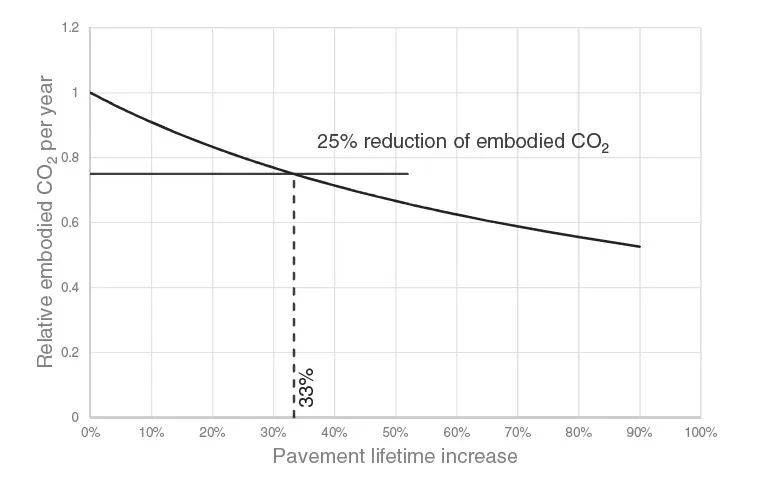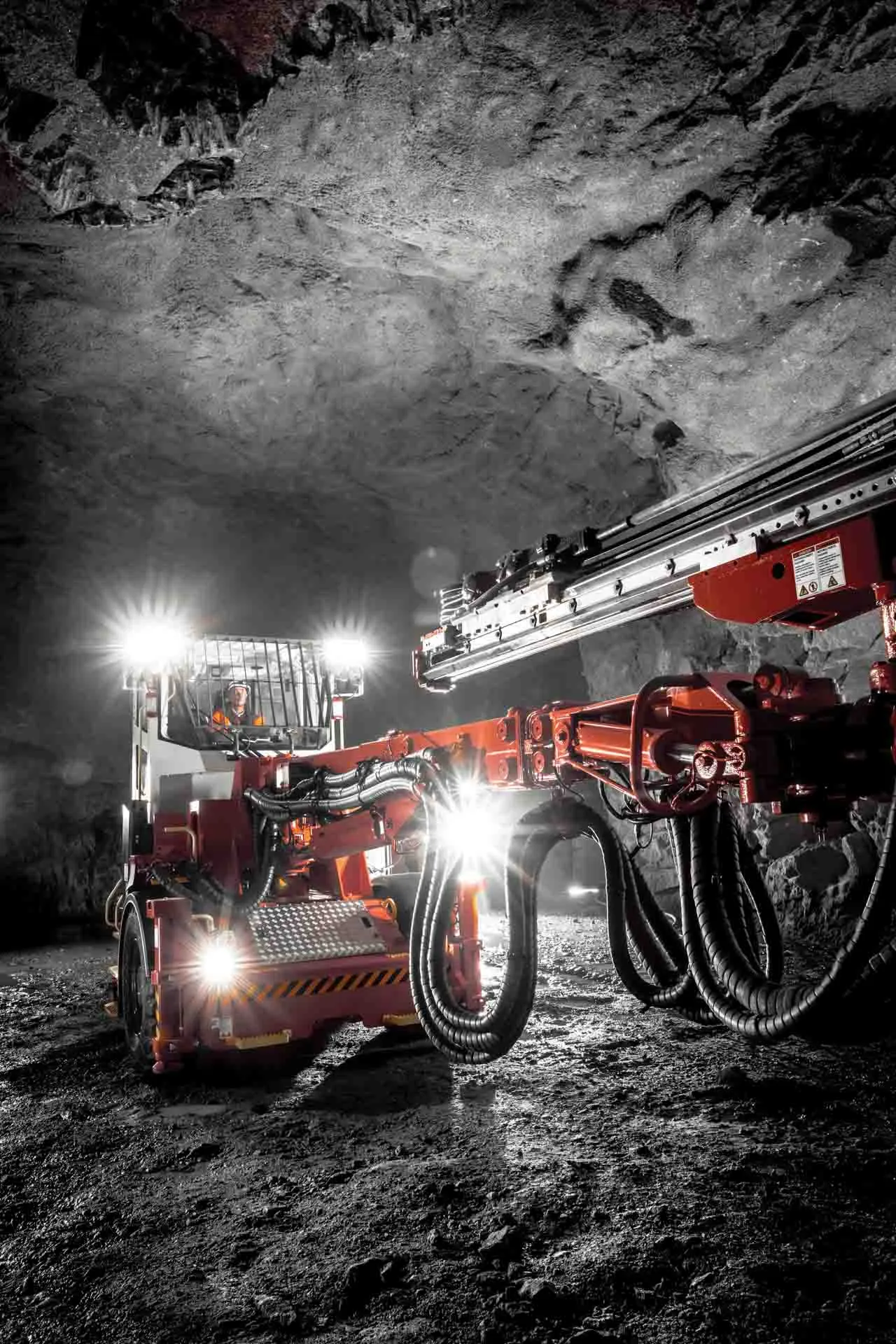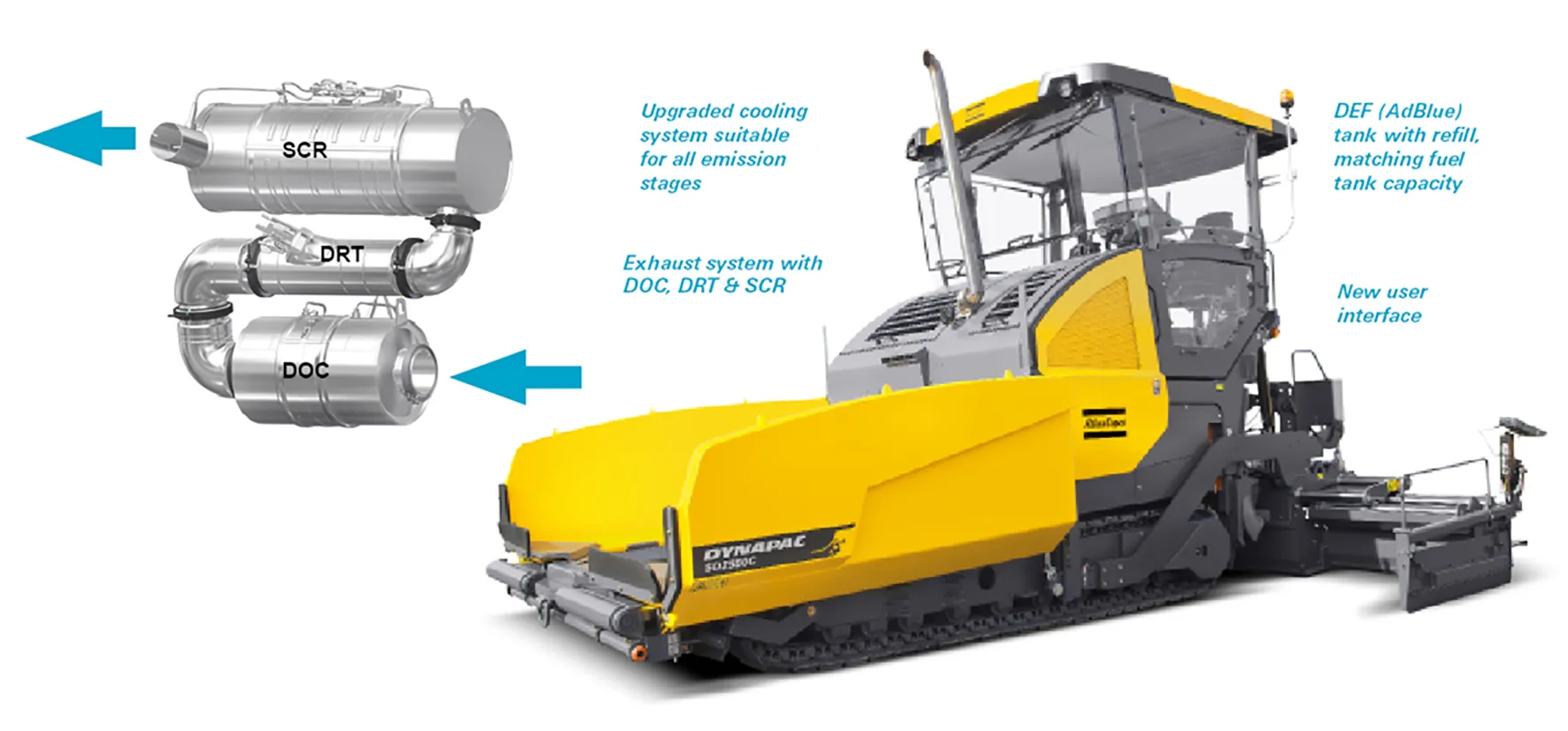Logistics specialist Damco is now offering customers an online calculation of carbon dioxide emissions.
March 2, 2012
Read time: 1 min
Logistics specialist Damco is now offering customers an online calculation of carbon dioxide emissions.
This tool can be used to determine a firm's carbon footprint, allowing it to see how it performs against statutory requirements. The new online tool is available online at: myDamco, a browser-based customer interface withThis service enables Damco customers to track CO2 emissions for products in transit. The firm claims that reducing the environmental profile of the supply chain can reduce logistics cost and emissions by up to 15%. Online visibility of carbon emissions can enable a firm to take earlier corrective action if operations do not match carbon reduction and efficiency goals, according to Damco.









